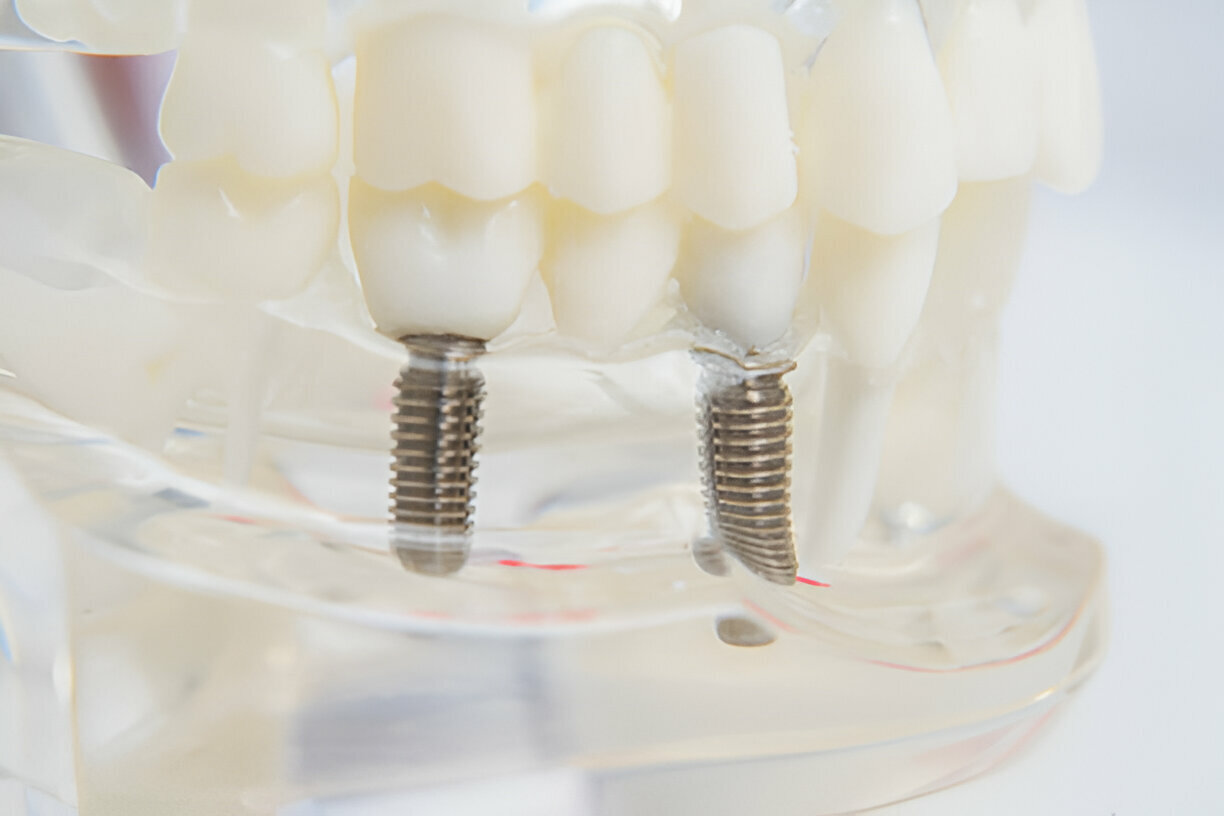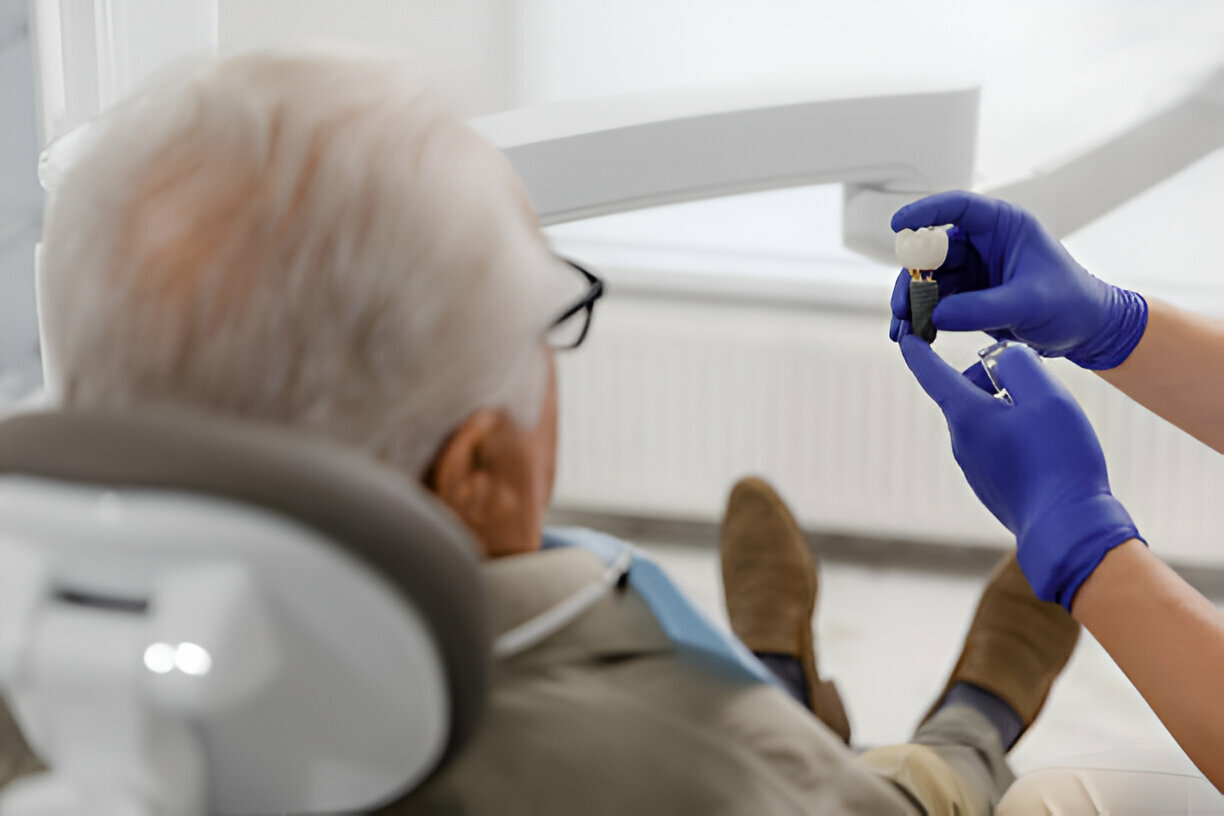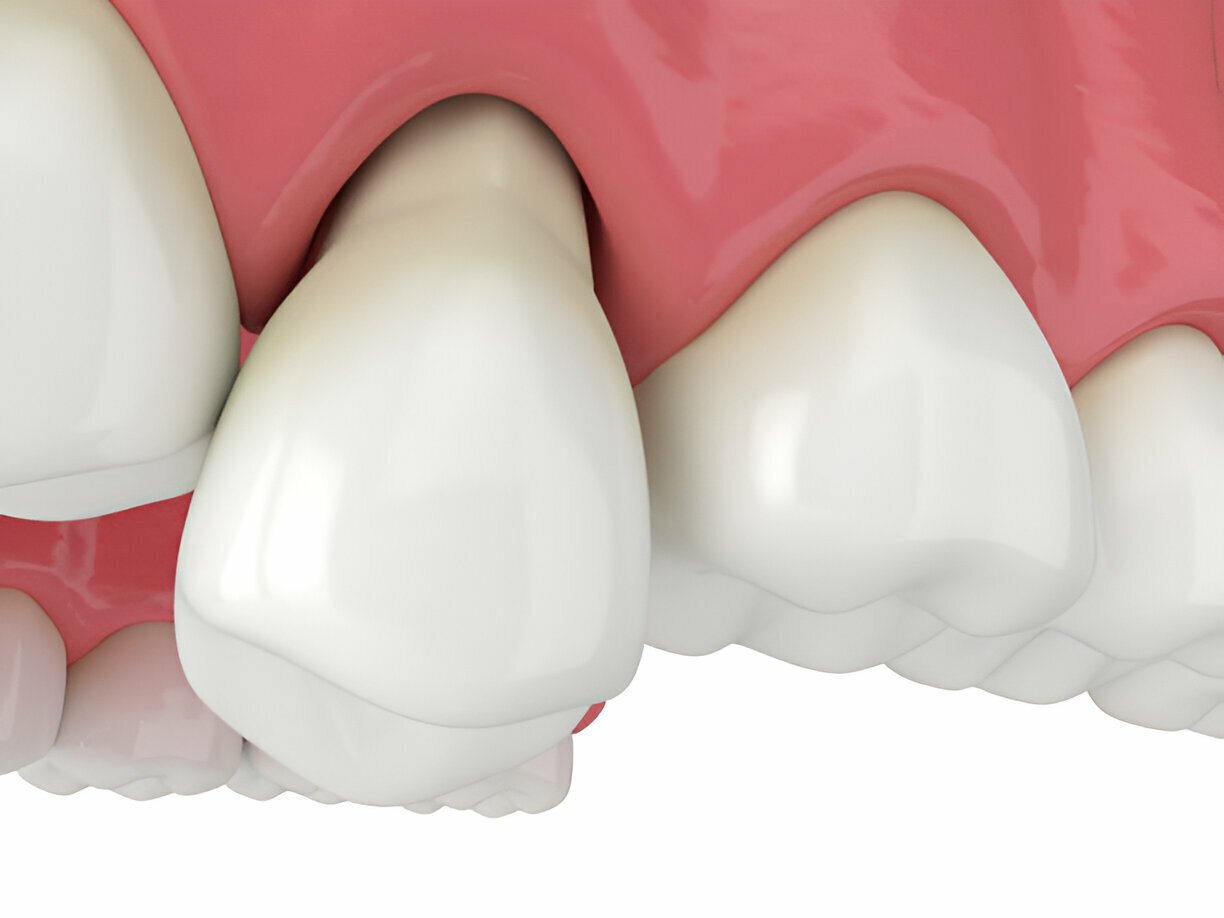Summary:
Opting for dental implant treatment is a major decision!
Like natural teeth, implants too need thorough and regular care. Although they’re designed to last a lifetime, not caring for your appliance enough might cause it to loosen up

You need to navigate such situations carefully to ensure the treatment is not rendered futile. Keeping the same in mind, this blog takes a closer look at the prevention and treatment of loose dental implants via topics like:
- What Causes Your Implants to Loosen Up?
- Signs Your Implants Are Loose – How to Manage Them?
- Diagnosis & Initial Assessment of Dental Implant
So continue reading as we learn more about implants in the following sections.
What Causes Your Implants to Loosen Up?
Does your dental implant feel loose?
Although it’s not normal, there are several reasons why you might feel your implants are loose, namely:
- Incomplete osseointegration – Osseointegration happens in the months following the completion of dental implants. This process takes nearly 3-6 months to complete as it involves the fusion of your implants with your surrounding tissues and jawbone. However, if your body is unable to recover entirely due to a damaged immune system, your implants will deteriorate and eventually fail.
- Peri-implantitis – Your prosthesis may become loose if an infection spreads to the gum tissue around your dental implant. Although this usually happens months or even years after initial insertion, it can also happen during surgery.
If you do not practice good dental hygiene, your chances of getting into this issue will increase. Besides, if you notice any signs or symptoms of infection, head to your nearest dentist in Prairie Village, KS.
- Too much pressure – Although uncommon, your dental implant(s) may fail to fuse properly due to excessive pressure. While this is unusual, it may be possible if you receive a custom denture on the same day as your implant placement. In such cases, it may be too much for your mouth cavity to handle at once, preventing your implants from correctly fusing.
Signs Your Implants Are Loose – How to Manage Them?
There are several ways to deal with a loose dental implant. The first step is to identify and address any underlying issues causing it.
Here are some signs indicating a loose implant and how you can manage them:
1. Visible Gap
A visible gap between your teeth can affect your implants’ strength, stability, and durability. Identifying and resolving this condition as soon as possible is essential to avoid more intensive therapy. Your dentist may also suggest changes to the abutment or restoration to fix your implant and smile.
2. Sudden Fluctuation of Bite Alignment
Issues in bite alignment may occur when the upper and lower teeth no longer meet in the same place. It is also common when improper alignment causes discomfort. If you notice your dental implant is loose, seek treatment immediately to avoid additional harm.
The most typical therapy is re-adjusting the implant, where your dentist carefully opens the gum tissue surrounding the affected location and attaches the implant back.
3. Discomfort Around Implants
In the initial stage, pain and discomfort around the implant area is not a cause of concern. However, if it persists, it indicates a poor fit or a loose implant.
You must consult with the Kansas dental implant experts to determine the source of discomfort and diagnose the problem. If a loose implant is causing it, they may suggest the right measures to address the issue.
Note: Depending on the kind of implant, minor surgery may be required to provide a more secure fit.

Diagnosis & Initial Assessment for Dental Implant
Clinical Examination
The dentist will start by inspecting the problematic region, including checking the implant site for further damage or infection. They will also examine your dental and medical history to see what factors may have contributed to the condition.
Imaging Techniques
Your dentist may use X-rays to determine bone density, and a CT scan may be required in more complicated instances. These imaging methods are critical for understanding the surrounding bone structure and detecting problems that may not be obvious during the examination.
Mobility Testing
The specialist will use specialized instruments to determine the implant’s degree of movement. This test determines if a failure in osseointegration or other reasons causes the loosening.
Gum Health Evaluation
Our gums are an important aspect of the success of dental implants. Therefore, the dentist starts their treatment by examining your gum tissue. This examination looks for inflammation, which might suggest peri-implantitis.
Tips to Care for Your Implants at Home
-
Proper Oral Hygiene Practices
Daily brushing and flossing are vital for dental implants and natural teeth health. Use a soft-bristled toothbrush and non-abrasive toothpaste to clean the implants, gum lines, and crowns. Regular brushing helps to avoid plaque accumulation, which can cause infections like peri-implantitis.
-
Special Cleaning Tools (Interdental Brushes, Water Flossers)
Interdental brushes and water flossers can be useful for cleaning around implants, particularly in hard-to-reach places. They remove food particles and plaque from areas that a toothbrush may miss.
Other important aspects of Restorative regular dental check-ups and expert cleanings. These visits allow the dentist to evaluate the health of the implants and surrounding tissues, diagnose any concerns, and clear the plaque and tartar accumulation.
-
Immediate Attention To Discomfort Or Mobility
If you are experiencing discomfort or other changes, get emergency medical treatment. Detection and treatment can help to avoid problems and manage further complications.

Aftercare And Follow-Ups Following Loose Dental Implants
Dental implants will last for a long time if they are properly maintained. Your dentist will devise an effective approach to maintaining your healthy smile.
Scheduling Follow-Up Visits
After receiving a dental implant, it is critical to schedule regular check-ups. These appointments allow the dentist to evaluate the implant’s integration with the bone while ensuring that the gums and other tissues are healthy. Although the number of visits may reduce over time, check-ups are necessary for the implant’s longevity.
Long-Term Prognosis And Outcomes
Most dental implants can last a lifetime. Discussing the prognosis with your dentist (such as lifestyle and health) will help you set reasonable expectations and understand the elements that affect the lifespan of implants.
Don’t Ignore the Warning Signs
Having a loose dental implant can be stressful, but understanding the origins, symptoms, and treatment options can help you handle the problem efficiently.
Regular dental check-ups, appropriate oral hygiene, and prompt care of any indicators of pain are critical for the stability and health of your implants. If you have any problems with your dental implants, you should immediately communicate with your dentist to resolve the issue and avoid future difficulties.
Takeaway
- Like natural teeth, individuals opting for implants must care for them regularly.
- Pain and discomfort around the implant area are common. However, if it happens frequently, it indicates a poor fit.
- Issues in bite alignment may occur when the upper and lower teeth no longer meet in the same place.
- Are you worried about a loose dental implant? Visit our experts at Cope Dentistry today!

